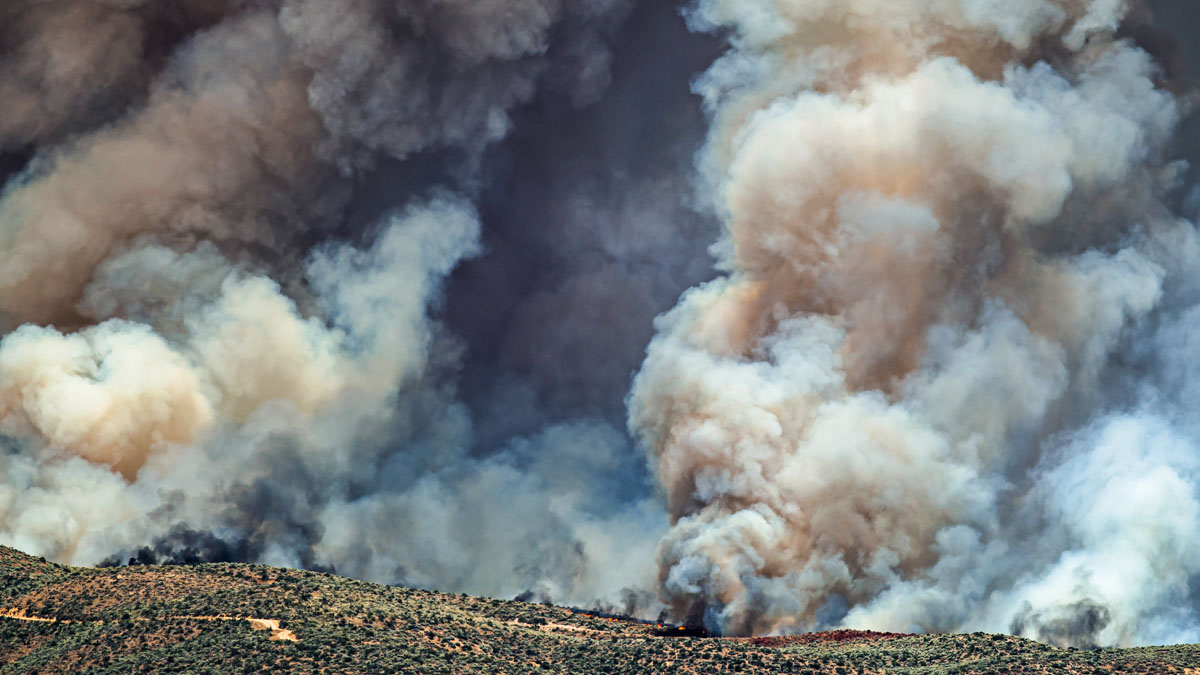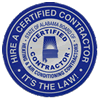If you own a building or operate a business in the Decatur, Alabama area, you may have heard of the EPA’s “Clean Air Buildings Challenge” which is designed to help property owners reduce the chance of illness and improve air quality inside their properties. This is especially true in offices, restaurants, and other areas where people often gather, as well as residential buildings, and applies year-round rather than just during the winter season.
Embracing this challenge will help improve air quality and reduce the chance of airborne illness among residents, employees, and visitors. Here are some helpful tips to meet this challenge.
Have A Plan
Before tackling any problem, a plan is needed.
Part of that plan involves determining your indoor air quality, or your IAQ, for your building. An easy way to do this is to contact an HVAC company, such as Southeastern Mechanical Services, to help you understand how your heating and cooling system works.
A professional can test to see if air is circulating properly through your building, and no stagnant areas are posing a higher illness risk or poor air quality. A professional can also help you identify any leaky air ducts, dirty filters, malfunctioning systems, and any other issues that could impact the air quality and ventilation.
An HVAC company can also make suggestions on how to improve the air flow in higher traffic areas of a building to further reduce airborne illness or improve air quality.
Bring the Outside In, Safely
Once you know which improvements to make to your HVAC system and ventilation, you can act. This can be as simple as changing filters to ensure incoming air is clean and running your HVAC system during all business hours to ensure no stagnant areas. Smart thermostats can help you circulate more air during busy times or before and after people occupy your building for maximum safety, while saving on your HVAC costs.
Another simple measure for improving ventilation is to open windows on the opposite sides of a building to get a cross-breeze if the weather allows.
Devices known as economizers can also save on HVAC costs by supplementing a commercial HVAC system with fresh, outdoor air during milder weather.
Don’t Forget Filtration
Air filtration is an important weapon in the fight against airborne illness and poor air quality. Your HVAC professional may recommend actions such as improving your system’s filters by replacing them with those that have a MERV rating of at least 13 (the higher the number, the better.) Ensuring all filters are secure with no air gaps is vital as well.
Portable air filtration systems can also help when extra protection is needed, especially in areas with lots of dust or other airborne debris. In gathering areas such as cafeterias, or where occupants work out, sing, or socialize, such extra protection will help stop the spread of viruses all year.
Setting up exhaust fans in such areas can also be very helpful, as these devices move air from inside to outside, allowing fresh air to circulate naturally into the area. Exhaust fans are often installed in roofs and ceilings and can help keep buildings cool as they remove hot air during the warmer months.
Assess Your Building Today
At Southeastern Mechanical Services in Decatur, AL, we assess HVAC systems for residential and commercial buildings. Be sure to contact us if you have questions on how to improve air quality for the occupants of your building and reduce the chance of airborne illness.








